We are currently living in a pretty interesting time.
Inundated with bad news stories on every channel, isolated from the outside world with no real social interaction, and completely unable to get the gym and train – it sounds like something out of a science fiction movie.
But it’s not.
Its real, and it’s happening now.
Yep, COVID-19 has changed our lives in a very short time. It has created a sense of fear and isolation that we, as a modern society, have never experienced before.
With it has come an abundance of conflicting information on what makes it worse, and what you can do to prevent it – which is exactly why we wanted to shed some light on the topic, touching on one of the most common questions around right now.
Does being obese increase your risk of coronavirus?
What is obesity?
Obesity is defined as the abnormal and excessive fat accumulation, presenting a risk to health.
It is determined by a measure known as body mass index (or BMI for short). Your BMI is calculated by dividing your weight in kilograms, divided by the square of your height in meters.
For example, if you were 85kgs and 1.82 meters tall, then your BMI would equal 25.7.
Calculate your BMI:
BMI
Now, going back to our original point, someone is classified as being obese when their BMI becomes more than 30 (A normal BMI is 18.5 to 24.9).
It is well established that obesity is a major risk factor for several chronic diseases, including diabetes, cardiovascular diseases, and even cancer.
But what about coronavirus?
Related Article: Increase Your Immune System Through Exercise
Are obese people more likely to catch coronavirus?
It is well established that obesity increases inflammation throughout your body, which in turn, impairs the function of your immune system (de Heredia, 2012).
This ultimately means that obese people are more susceptible to infection and disease than those who fall within a more ‘normal’ weight category. This has been shown time and time again with things like cold and flu (Louie, 2011).
With this in mind, while we don’t have a heap of research in the area yet, it appears likely that obesity with also increase your risk of contracting the coronavirus.
Are obese people more likely to suffer coronavirus complications?
This is where things are a little clearer.
There is a growing body of evidence suggesting that because of their impaired immune systems, those who are categorised as obese are more likely to experience severe symptoms associated with COVID-19.
This means that they are more likely to become critically ill with the disease and are also more likely to be hospitalised.
Additionally, the excess weight surrounding the chest in obese people make it more difficult for them to breathe. This comes with reduced lung capacity, and poorer lung function (Watson, 2010).
Considering that coronavirus is a respiratory illness, this provides another reason as to why they suffer so much worse.
What about overweight and underweight people?
Interestingly, there is also some evidence to suggest that people who are classified as underweight (less than 18.5 on the BMI scale) are also at an increased risk of suffering severe complications when compared to those who fall within a normal weight category (Moser, 2019).
However, this is likely due to a very different reason than those who fall within the obese category.
People who are underweight tend to be at a high risk of being deficient in many of the key nutrients that support immune system function. Consequently, their bodies are less equipped to fight off disease and infection.
Interestingly, people who are classified as overweight (BMI of 25 to 29.9) don’t see any increased risk of complications, nor an increase in symptom severity.
While individuals within this category are not as healthy as those within the ‘normal’ weight range, they do not contain enough fat mass to cause a marked increase in inflammation. As a result, they do not have a significant reduction in immune health.
Moreover, as they are eating in a small energy surplus, it is highly likely that they are consuming enough essential vitamins and minerals to support immune system function.
All of which means that are less likely to experience severe coronavirus complications.
Tips to keep you healthy
The big thing I want you to take home here is that it’s not all doom and gloom.
If you are unhappy with your current weight status, that does not mean you should simply accept the fact that you are more likely to get coronavirus – nor the fact that if you do, it will be much worse.
Instead, you should use this as an opportunity to change your health for the better.
And here’s how.
Home Exercise
With gyms closing and self-quarantine, adopting a new exercise regime may seem impossible.
But I promise it is not.
In fact, you can get in an excellent workout at home – all you need is a bit of guidance.
Here is my favourite home workout. It is extremely simple, requires no equipment, and only takes 30 minutes to complete. It is honestly one of the best ways to kickstart your health at home.
Simply complete the following exercises in a circuit like fashion for 30 minutes:
- Jump squats x 10
- Push ups (on knees if needed) x 5
- Walking lunges x 8 per side
- Reverse crunches x 12
- Air squats x 12
- Crunches x 12
Ideally you would try and complete this 2-3 times per week – with the aim being to complete as many rounds as you possibly can in 30 minutes, and then beat that the next time you do it.
One of my favourite things about this workout is that it is something that you can do together with your kids – and seriously, with everything that is going on right now, why not get them involved in your journey to better health?
It is only going to help you all in the long run.
Get outside
The second big thing on my list revolves around getting outside.
While I appreciate that we are in a period of social isolation, many places around the country still allow you to head outside in unpopulated areas and go for walks (or runs) with your kids.
This means going to the park, nature reserves, or hiking are all fine.
And this is extremely important.
Research shows us that getting out and experiencing nature exposes you to a variety of natural compounds that boost immune system function. This means simply getting outside will make you less likely to get sick (Rook, 2013).
Moreover, it has also been shown to have a profound impact on your mental health, reducing stress and improving upon symptoms of depression and anxiety – which given our current situation, cannot go understated (Barton, 2017).
Lastly, getting outside and going for a walk is an easy way to get in some fantastic exercise – which is integral.
And just to be clear, I don’t strictly mean from a weight loss perspective.
Regular moderate intensity exercise (such as walking, hiking, or jogging) has been shown to reduce your risk of contracting respiratory infections… like COVID-19, for example (Martin, 2009).
Place a priority on your nutrition
Finally, I wanted to provide you with some simple nutrition tips that you can implement to not only help you lose weight, but to also boost your immune system function:
- Eat a serve of lean protein with every meal
- Eat a serve of green leafy vegetables with every meal
- Avoid soft drinks and fruit juices (replace them with something like green tea or matcha tea)
- Limit your intake of fried and junk foods as much as possible
- Avoid alcohol as much as possible
While each of these tips are simple in isolation (pun intended…), when applied together and consistently, they can have a huge impact on your health.
Take Home Message
We are living in some pretty scary times – but that does not mean you should simply give up.
In fact, I would argue that now is the perfect time to get started on making some real health change. By implementing the exercise and diet tips outlined in this article, you can kickstart your health and boost the function of your immune system in the process.
Seriously, why not start today?
References
de Heredia, Fátima Pérez, Sonia Gómez-Martínez, and Ascensión Marcos. “Obesity, inflammation and the immune system.” Proceedings of the Nutrition Society 71.2 (2012): 332-338.
Louie, Janice K., et al. “A novel risk factor for a novel virus: obesity and 2009 pandemic influenza A (H1N1).” Clinical Infectious Diseases 52.3 (2011): 301-312.
Watson, R. A., et al. “Reduction of total lung capacity in obese men: comparison of total intrathoracic and gas volumes.” Journal of Applied Physiology 108.6 (2010): 1605-1612.
Moser, Joe‐Ann S., et al. “Underweight, overweight, and obesity as independent risk factors for hospitalization in adults and children from influenza and other respiratory viruses.” Influenza and other respiratory viruses 13.1 (2019): 3-9.
Rook, Graham A. “Regulation of the immune system by biodiversity from the natural environment: an ecosystem service essential to health.” Proceedings of the National Academy of Sciences 110.46 (2013): 18360-18367.
Barton, Jo, and Mike Rogerson. “The importance of greenspace for mental health.” BJPsych international 14.4 (2017): 79-81.
Martin, Stephen A., Brandt D. Pence, and Jeffrey A. Woods. “Exercise and respiratory tract viral infections.” Exercise and sport sciences reviews 37.4 (2009): 157.
You Might Like:
Now Is the Time to Reset Your Health
Even though we are living in the most abundant time in human history, chronic disease...How Exercise Prevents Sickness
Everyone on the planet knows that exercise is good for them. In fact, over the...3 Vitamins to Boost Your Immune System Now
Given the impact that coronavirus is having on our society, I thought it would be...How Exercise Could Prevent Coronavirus
Everyone on the planet knows that exercise is good for them. In fact, over the...Physical Activity and The Immune System
Almost everyone on the planet knows that exercise is good for them. Its good for...The Trick Stress Plays on Your Metabolism
Gillian White – BSc, MSc., PhD Candidate A sheep in wolf’s clothing: The mean trick stress...5 Ways To Exercise Your Heart
Julia Basso Exercise beneficially affects the body in a surprising number of ways. I am...10 Ways To Boost Your Immunity
Dayton Kelly The following was adapted from a combination of speeches given at the European...Stay Healthy At The Gym | 6 Tips For Athletes
Alyssa Bialowas It is challenging to stay healthy in the wintertime; gyms and community centers...Are You At Risk For Skin Infection?
Alyssa Bialowas It is challenging to stay healthy in the wintertime; gyms and community centers...High Volume Training Affects Immune System In Endurance Athletes
Alyssa Bialowas Exercising regularly and moderately improves your overall health, which is said to help...Exercise and Brain Inflammation
Julia Basso – PhD The post I wrote last week talked about the exciting connection...A Healthy Dose of Neuroticism
Catherine O’Brien A Healthy Dose of Neuroticism The development of the 5-factor theory of personality,...Exercise: A Magic Pill To Help Protect The Brain From Cellular Pathology
Julia Basso – PhD The opening statement in a recent article in the Journal of...Should You Exercise With A Cold?
Gillian White – MSc., BSc., PhD Candidate Should you exercise with a cold? Exploring the...16-Week Training Program to Help Promote Health
Julia Basso A recent article I wrote focused on the beneficial effects of a multimodal...Increase Your Immune System Through Exercise
Julia Basso – PhD The immune system is a complicated network of cells, including T...Is it as Simple as a Walk in the Park?
Gillian White , BSc, MSc, PhD (candidate) Department of Exercise Sciences, University of Toronto Is...Get Outside and Exercise – Your Immune System Will Thank You
Evan Stevens The first talk of the session presented some interesting findings from their study....The post Does Obesity Increase Your Risk of Coronavirus? appeared first on ForeverFitScience.
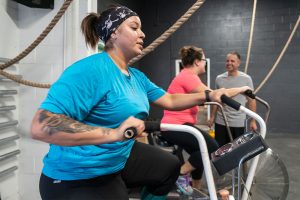

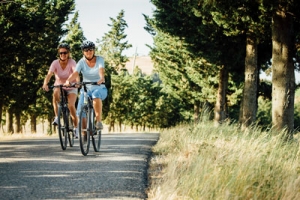

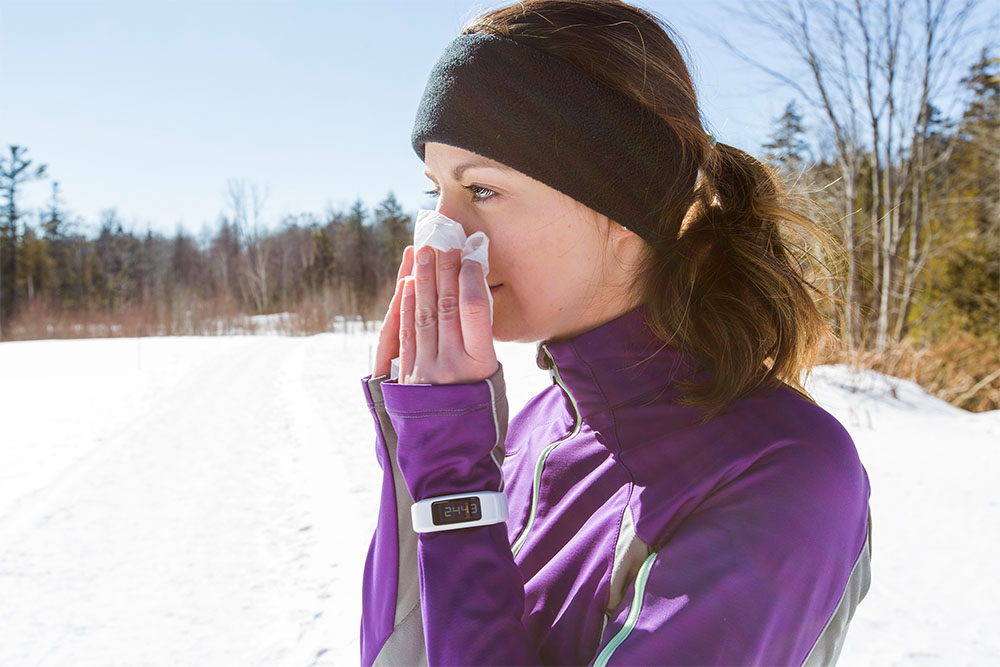

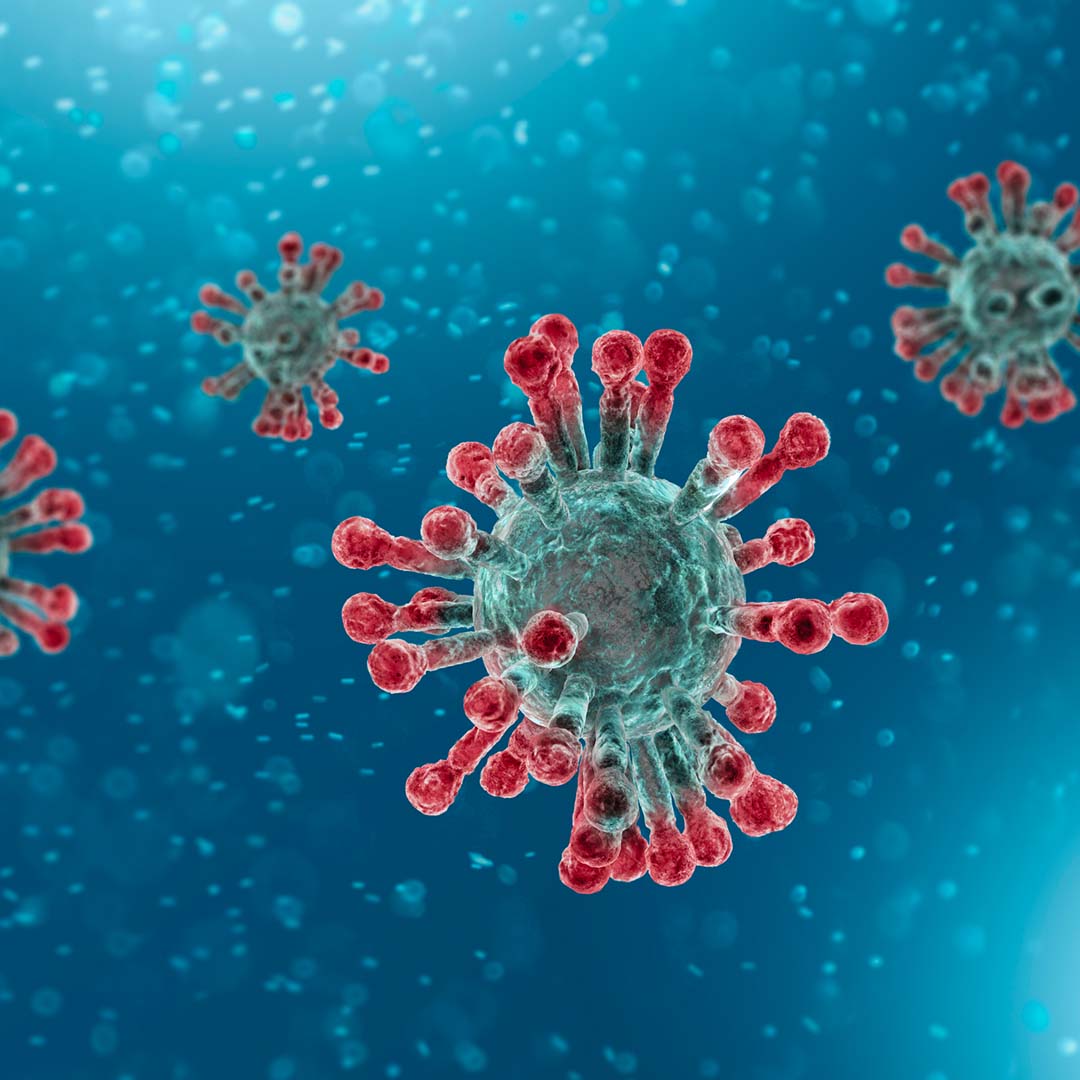
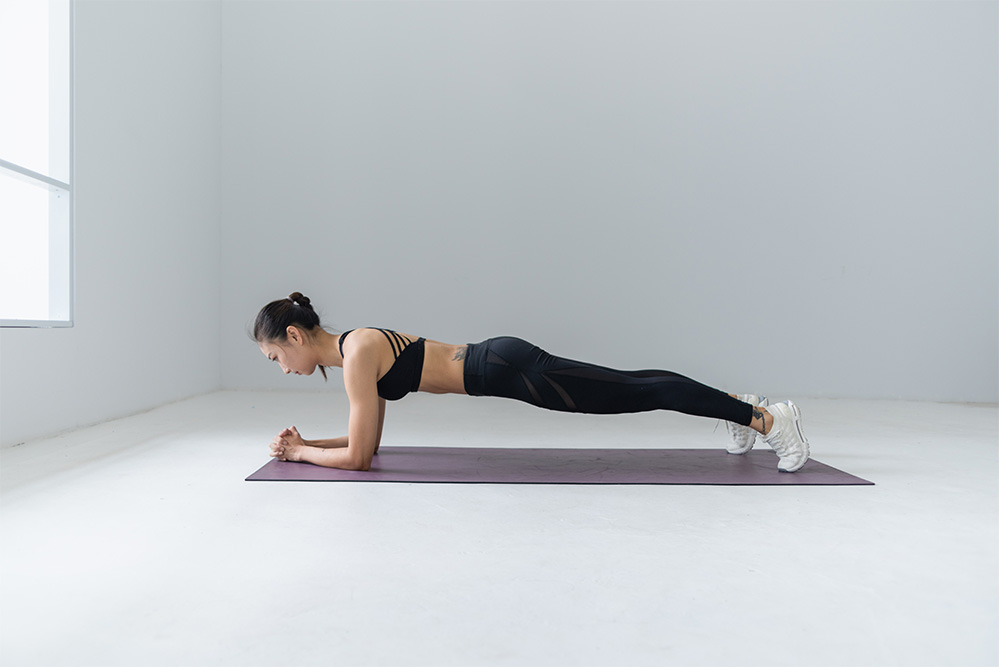

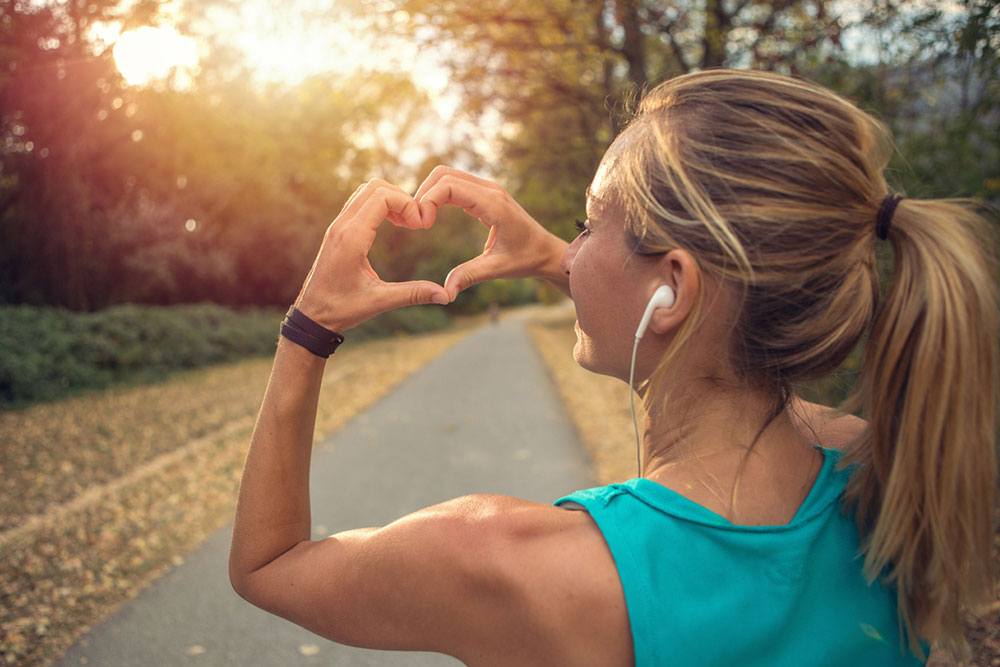
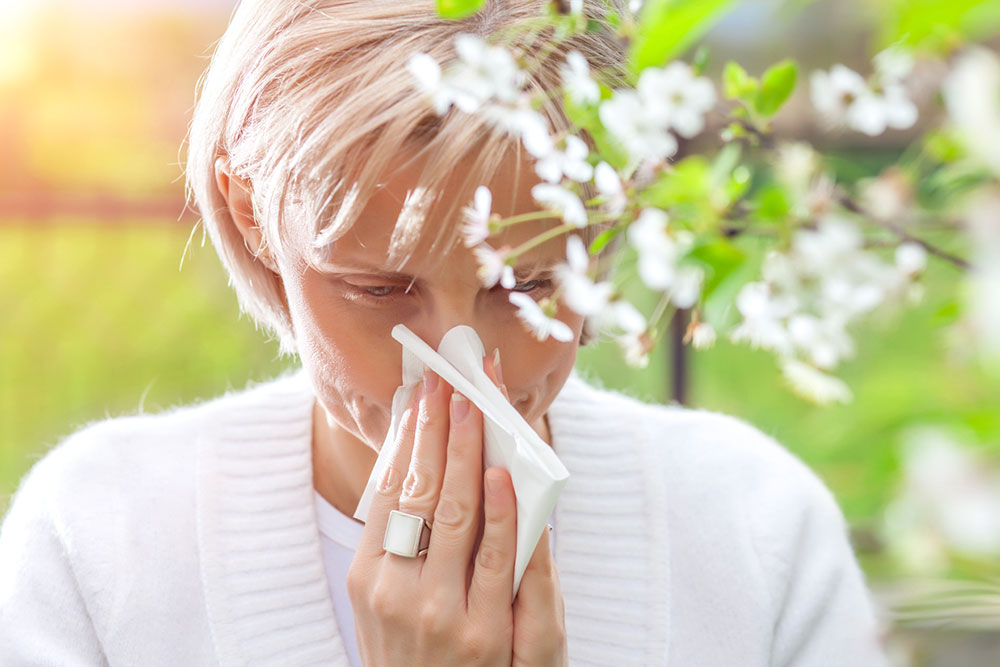
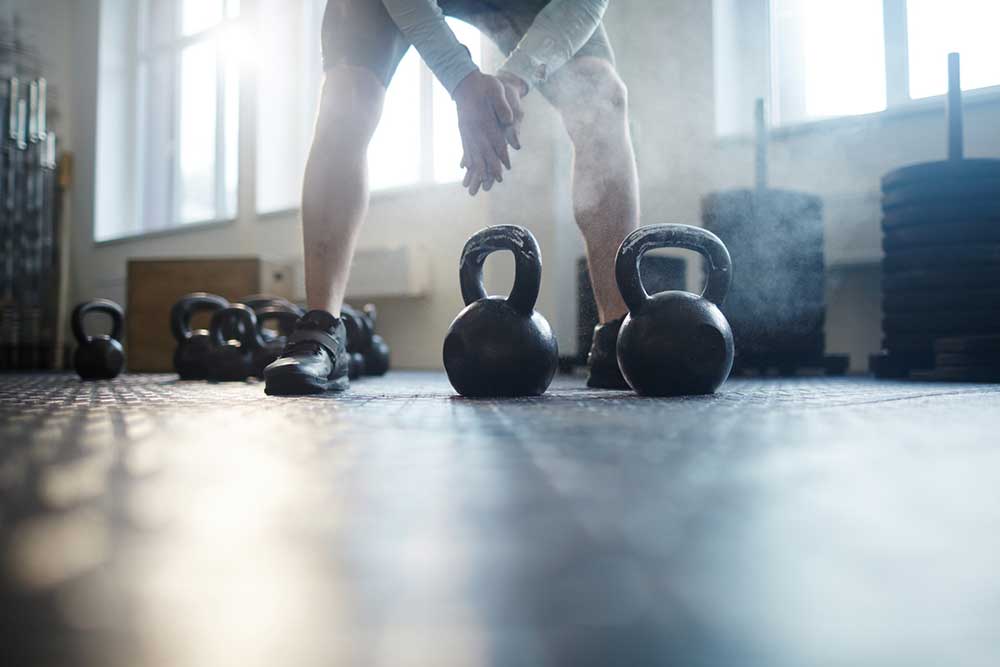



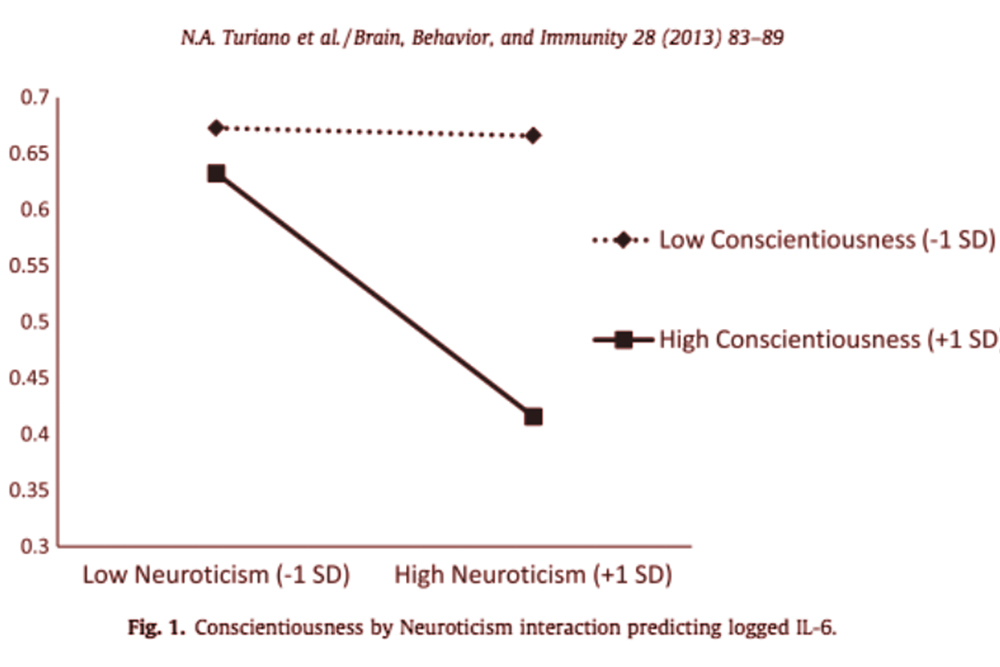

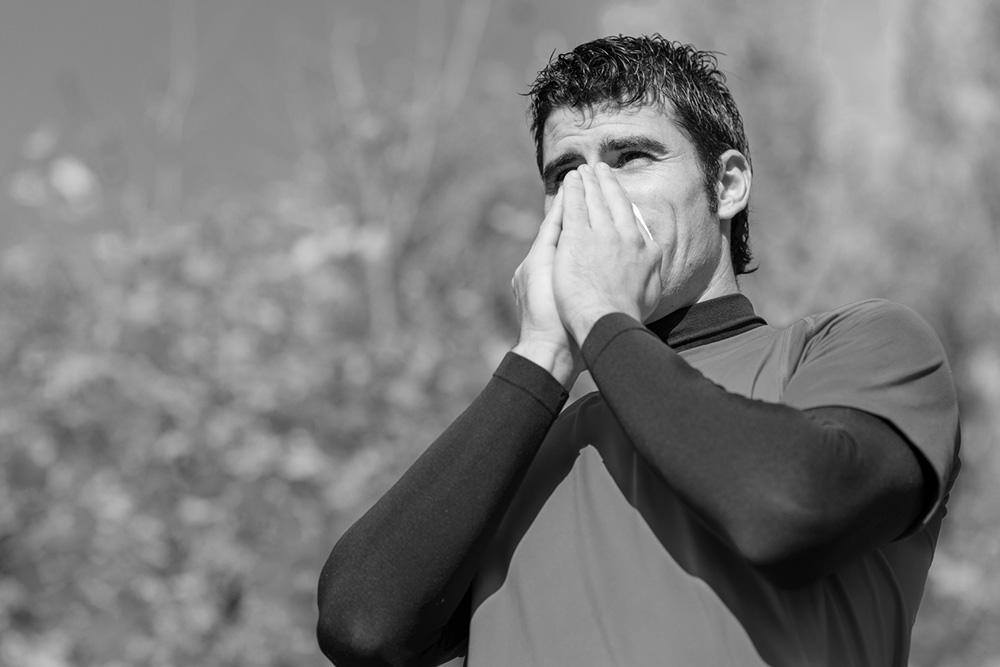
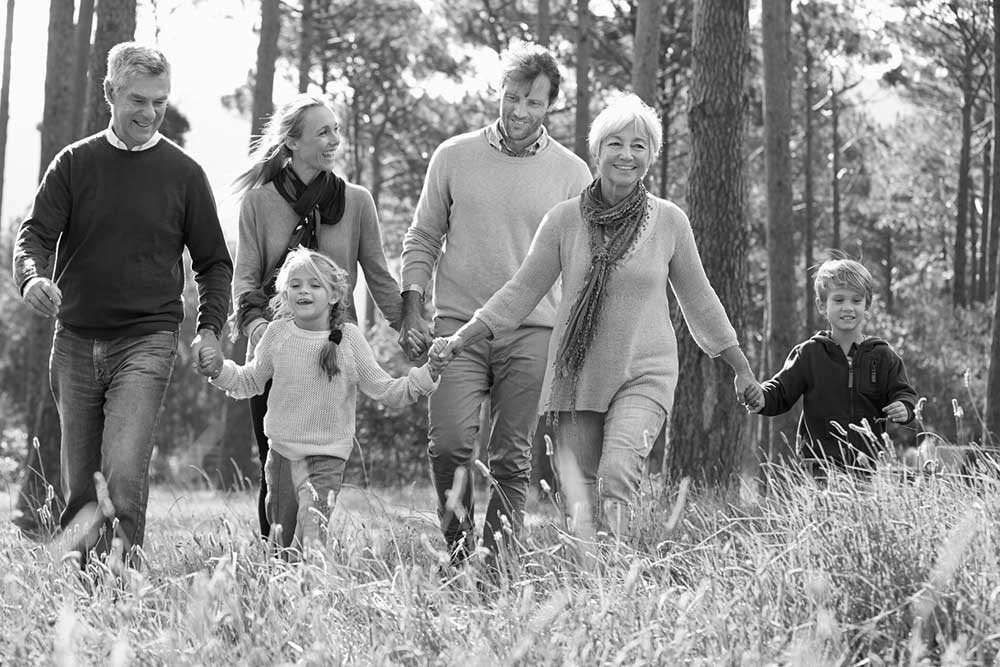

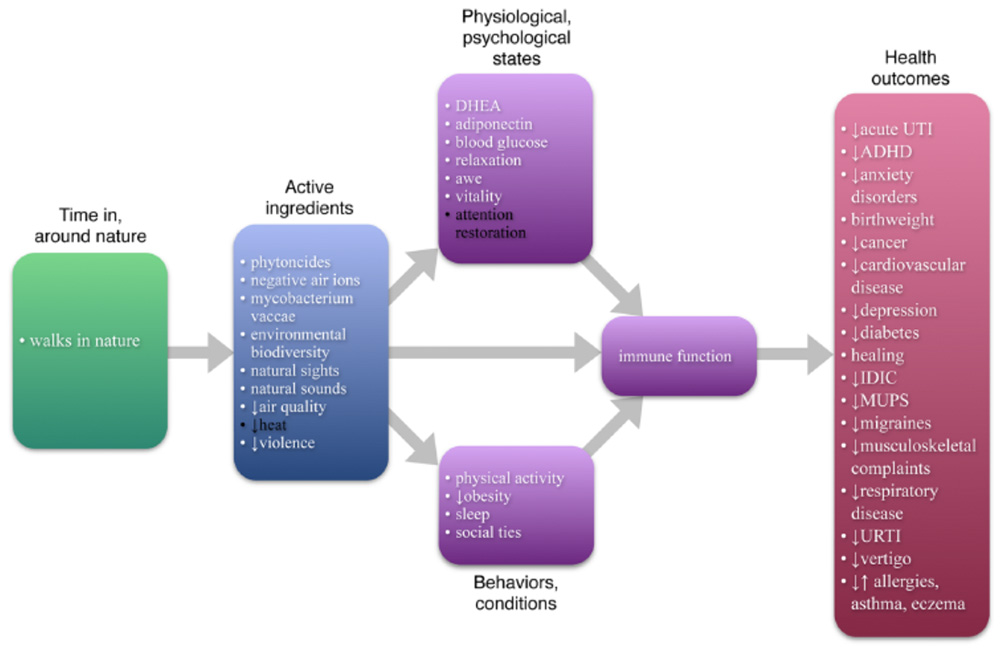

No comments:
Post a Comment